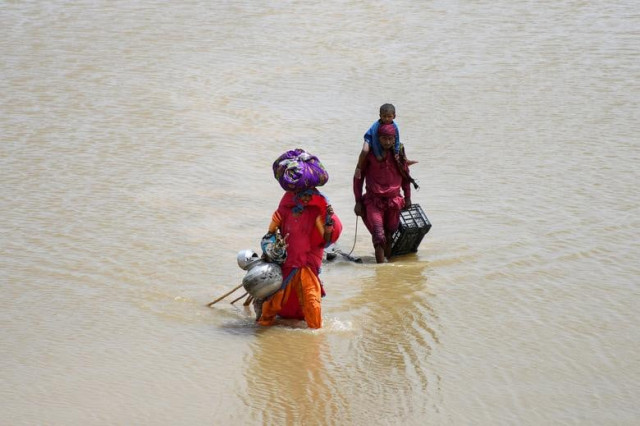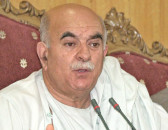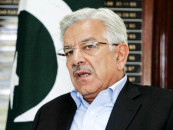Study reveals barriers to voting rights
Experts warn flood-hit population needs motivation to vote on Feb 8

A recent research published by the Centre for Peace and Development Initiatives (CPDI) has revealed huge gaps in enabling the population of the areas of Sindh and Balochistan devastated in the 2022 mega floods to exercise their fundamental right to vote in the general elections scheduled for Feb 8.
At a stakeholders’ dialogue on the study report on Thursday, the panellists were informed that voters had lost motivation to vote as floodwater was still stagnant in their areas, while the media had lost its focus on the coverage of their issues.
The main issues identified in the study, which could impede the voter turnout were: the loss of the Computerised National Identity Cards (CNICs), damaged road infrastructure, political influence in post-flood relief, house damage and family displacement and intra-community conflicts.
The study report is authored by Naseer Memon, a development professional expert on climate change, disaster management and livelihoods. The report is prepared after group discussions with the people of flood-affected areas as well as other stakeholders from affected areas.
The targeted districts in the research were Khairpur and Naushahro Feroze in Sindh and Naseerabad and Jaffarabad in Balochistan.
“Almost 40% of the school infrastructure in Sindh was destroyed by the floods, which was used for polling stations,” the study showed.
“The issues highlighted in the study pertaining to the voters include the serious gaps that will hamper efficient electoral process,” Seemi Ezdi, the chairperson of the Senate Standing Committee on Climate Change, noted while sharing her insight at the dialogue.
Read Flood-hit people suffer bitter cold under open sky
The 2022 floods washed away over 13,000 kilometres of roads and some 1,444 bridges in Balochistan and Sindh.
In this situation, Ezdi said, the indigenous population of those areas had lost motivation to vote and now it was the responsibility of the area candidates to encourage them to vote.
She proposed to the Election Commission of Pakistan’s (ECP) to use the mobile voter registration vans as mobile polling stations to ensure voting in the flood-affected areas.
“The ECP and NADRA (National Database and Registration Authority) can collaborate in that regard,” she said. Former senator Farhatullah Babar pointed out that around 10 million women in the country lacked CNICs, and hence were unable to vote in the elections.
“The right to vote should be a prerogative of the masses and not their obligation being imposed on them,” he said. Former Khyber-Pakhtunkhwa Assembly member Shagufta Malik asked the ECP to keep in mind the social and cultural norms of the provinces, while laying out its polling stations scheme.
She also raised concerns over the growing security risks due to communal conflicts in the tribal region. The study recommended an expedited process for issuance of the CNICs to the flood-affected people. It suggested to NADRA to increase the number of registration vans in the far-flung areas, and make special arrangements to enrol women and elderly.
It also called for relocating polling stations in close vicinity villages, establishing ramps for persons with disabilities, ensuring transportation on the polling day, and deploying additional security at the conflict-prone polling stations.



















COMMENTS
Comments are moderated and generally will be posted if they are on-topic and not abusive.
For more information, please see our Comments FAQ